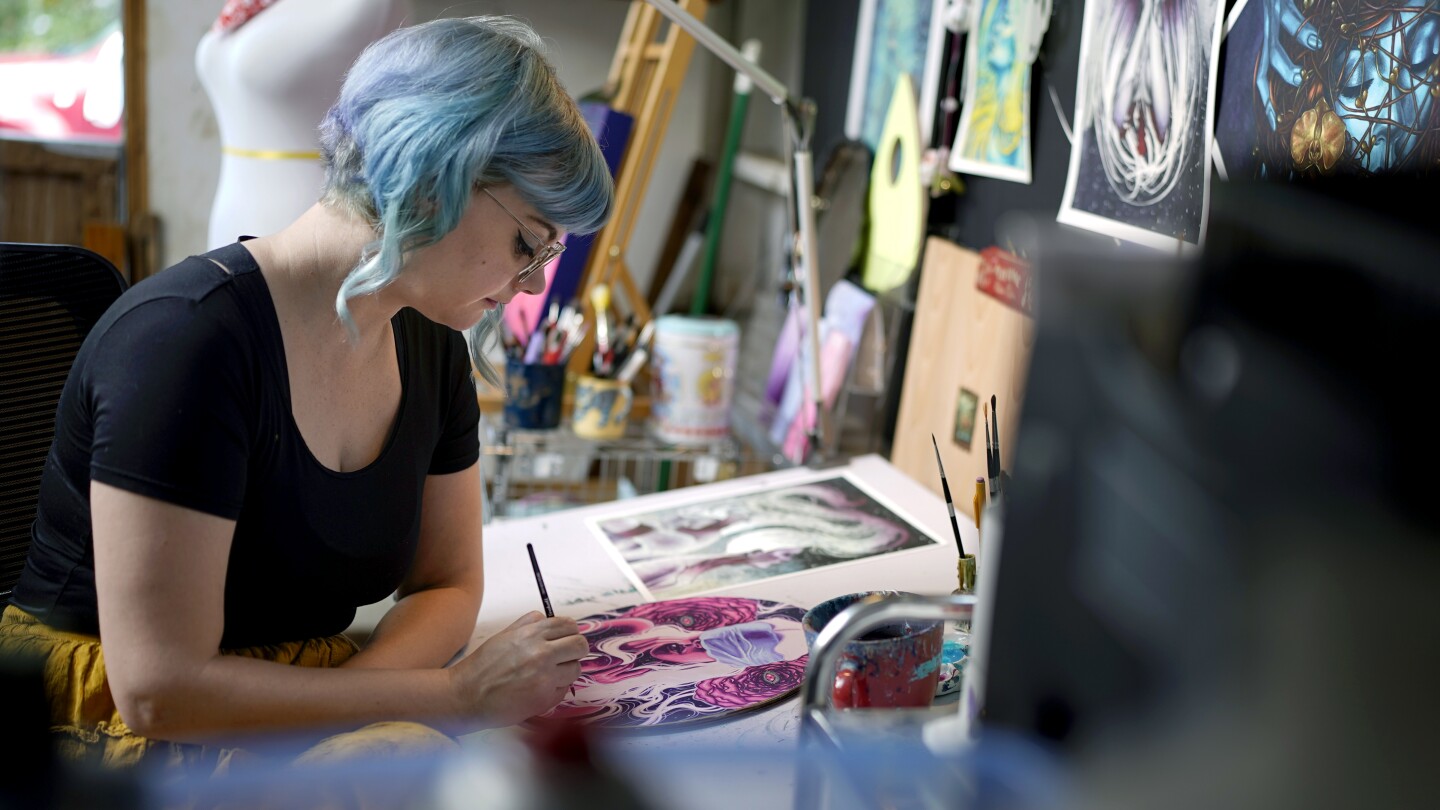- cross-posted to:
- [email protected]
- cross-posted to:
- [email protected]
Visual artists fight back against AI companies for repurposing their work::Three visual artists are suing artificial intelligence image-generators to protect their copyrights and careers.



Well, of course there’s nothing that can be used to prevent training an AI, just like there’s nothing preventing monkeys from stealing cameras and taking pictures. It’s what happens next that matters.
The Internet Archive didn’t get sued over copyright, even though it had electronic copies of lots and lots of copyrighted works (and even let people “check out” copies), until they changed their distribution model to allow unlimited lending. Nothing about how they gathered their works changed, it was the change in distribution that got them sued.
The article is literally about someone suing to prevent their art from being used for training. That’s the topic at hand.
Are you confused, or are you trying to shoehorn a different but related discussion into this one?
It says right in the article that they’re suing over the training and the commercial use of the output. Their lawyer obviously felt that it was essential to include both parts of that, and I think it’s because simply using a copyrighted work to train AI may not be infringing, but using it and the selling the output is.
I just don’t think you can separate how the AI is trained from what the company intends to do with the trained AI. If they intend to sell their output, then I don’t think that will be allowed in current copyright law.
You most certainly can. The discussion about whether copyright applies to the output is nuanced but certainly valid, and notably separate from whether copyright allows copyright holders to restrict who or what gets trained on their work after it’s released for general consumption.